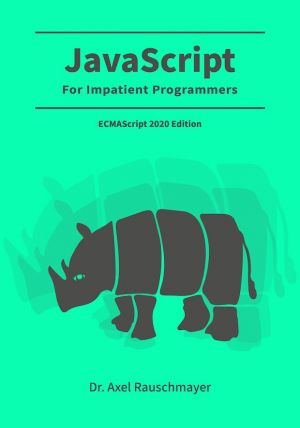
This book makes JavaScript less challenging to learn for newcomers, by offering a modern view that is as consistent as possible.
Highlights:
- Get started quickly, by initially focusing on modern features.
- Test-driven exercises and quizzes available for most chapters.
- Covers all essential features of JavaScript, up to and including ES2020...
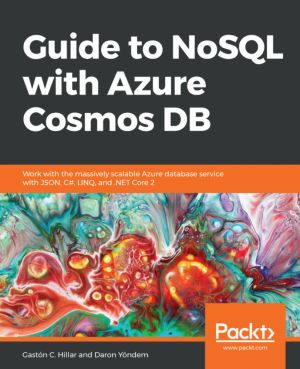
Cosmos DB is a NoSQL database service included in Azure that is continuously adding new features and has quickly become one of the most innovative services found in Azure, targeting mission-critical applications at a global scale. This book starts off by showing you the main features of Cosmos DB, their supported NoSQL data models and the foundatio...
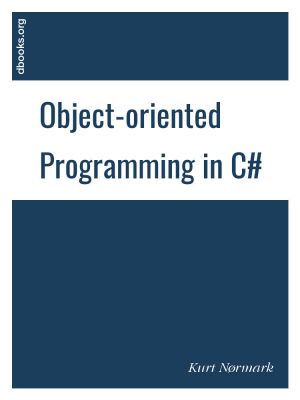
This is a teaching material about object-oriented programming, illustrated with use of the programming language C#.
It is assumed, as a prerequisite, that the readers have some knowledge about imperative programming, preferably knowledge about C.
I believe that it is best to learn object-oriented programming after having learned and worked w...
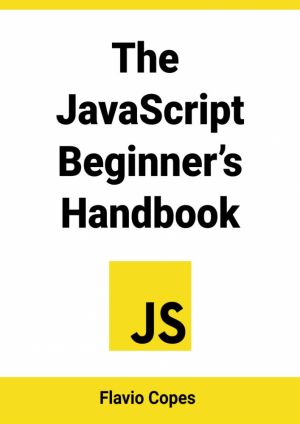
The JavaScript Beginner's Handbook follows the 80/20 rule: learn in 20% of the time the 80% of a topic. The author find this approach gives a well-rounded overview.
This book does not try to cover everything under the sun related to JavaScript. It focuses on the core of the language, trying to simplify the more complex topics. The author h...

This open book gathers authoritative contributions concerning multiscale problems in biomechanics, geomechanics, materials science and tribology. It is written in memory of Sergey Grigorievich Psakhie to feature various aspects of his multifaceted research interests, ranging from theoretical physics, computer modeling of materials and material char...

This open book focuses on processing, modeling, and visualization of anisotropy information, which are often addressed by employing sophisticated mathematical constructs such as tensors and other higher-order descriptors. It also discusses adaptations of such constructs to problems encountered in seemingly dissimilar areas of medical imaging, physi...

The open book provides a critical account of parenthood in Polish society. It uses a qualitative perspective to show how mothers and fathers engage with parenthood and also function in the labour market. Parenting in contemporary Poland is not only affected by individual preferences and choices, but significantly by the institutional context, in pa...
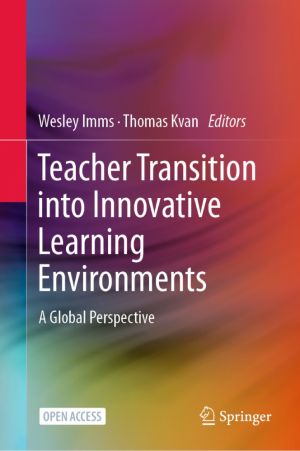
This open book focuses on how the design and use of innovative learning environments can evolve as teaching practices and education policies change. It addresses how these new environments are used, how teachers are adapting their practices, the challenges that these changes pose, and the effective evaluation of these changes.
The book reports on ...
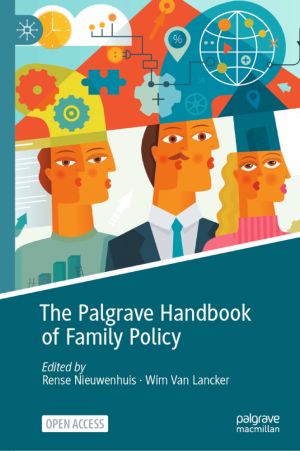
This open handbook provides a multilevel view on family policies, combining insights on family policy outcomes at different levels of policymaking: supra-national organizations, national states, sub-national or regional levels, and finally smaller organizations and employers. At each of these levels, a multidisciplinary group of expert scholars ass...

This open book shows how the politics of migration affect community building in the 21st century, drawing on both retrogressive and progressive forms of mobilization. It elaborates theoretically and shows empirically how the two master frames of nostalgia and hope are used in local, national and transnational settings, in and outside conventional f...
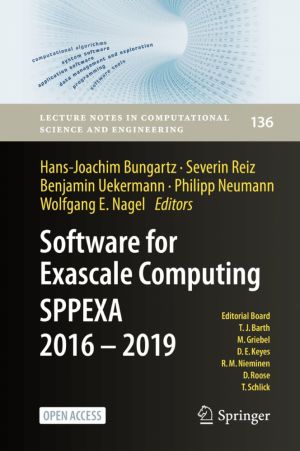
This open book summarizes the research done and results obtained in the second funding phase of the Priority Program 1648 "Software for Exascale Computing" (SPPEXA) of the German Research Foundation (DFG) presented at the SPPEXA Symposium in Dresden during October 21-23, 2019.
In that respect, it both represents a continuation of Vol. 1...
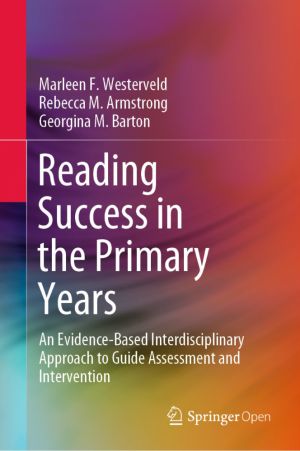
This open book describes the Reading Success project, in which a 5-step, assessment-to- intervention process, based on the Simple View of Reading, was used within a primary school setting in Australia to better support those students who struggle with reading. It provides an easily accessible overview of each step of the process involved in impleme...

This open book aims to clarify the term „evidence-based medicine" (EBM) from a philosophy of science perspective. The author, Marie-Caroline Schulte discusses the importance of evi-dence in medical research and practice with a focus on the ethical and methodological prob-lems of EBM. The claims that EBM can herald a new theory of epistemolog...

This open book highlights the major outcomes of the fourth edition of the Future of Higher Education - Bologna Process Researchers Conference (January 2020), which has already established itself as a landmark in the European higher education environment. The conference provides a unique forum for dialogue between researchers, experts and policy mak...
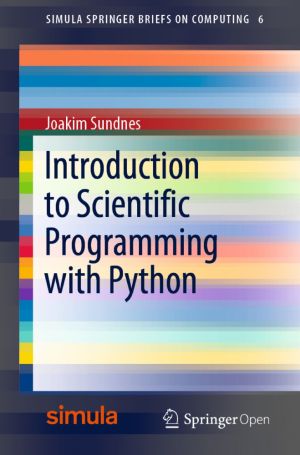
This open book offers an initial introduction to programming for scientific and computational applications using the Python programming language. The presentation style is compact and example-based, making it suitable for students and researchers with little or no prior experience in programming.
The book uses relevant examples from mathematics a...

This open book assembles landmark studies on divorce and separation in European countries, and how this affects the life of parents and children. It focuses on four major areas of post-separation lives, namely (1) economic conditions, (2) parent-child relationships, (3) parent and child well-being, and (4) health. Through studies from several Europ...
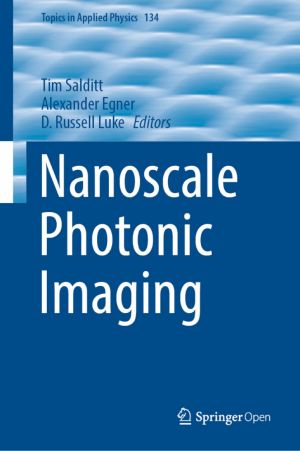
This open book, edited and authored by a team of world-leading researchers, provides a broad overview of advanced photonic methods for nanoscale visualization, as well as describing a range of fascinating in-depth studies. Introductory chapters cover the most relevant physics and basic methods that young researchers need to master in order to work ...

This third open volume of the handbook series deals with accelerator physics, design, technology and operations, as well as with beam optics, dynamics and diagnostics. A joint CERN-Springer initiative, the "Particle Physics Reference Library" provides revised and updated contributions based on previously published material in the well-kno...

This second open access volume of the handbook series deals with detectors, large experimental facilities and data handling, both for accelerator and non-accelerator based experiments. It also covers applications in medicine and life sciences. A joint CERN-Springer initiative, the “Particle Physics Reference Library” provides revised and update...

This open access book summarises the latest developments on data management in the EU H2020 ENVRIplus project, which brought together more than 20 environmental and Earth science research infrastructures into a single community. It provides readers with a systematic overview of the common challenges faced by research infrastructures and how a '...

Does the Nordic model of education still stand by its original principles and safeguard education for all? This open volume is a carefully crafted collection of chapters that investigate the different aspects of equity, equality and diversity across the education systems in the Nordic countries. Based on data from various national and international...
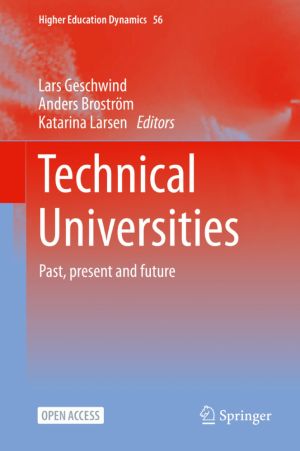
This open book analyses the past, present and future of the technical university as a single faculty independent institution. The point of departure is a view of changing academic realities, through which the identity as a technical university is challenged and reconstituted. More specifically, the book connects the development of technical univers...
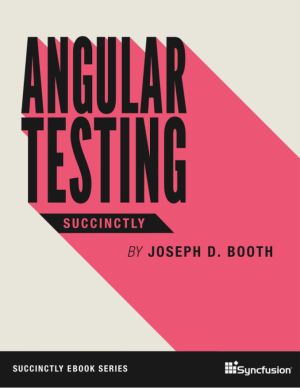
Though sometimes perceived as a hurdle, testing can save developers from heartbreak in the long run. In Angular Testing Succinctly, author Joseph D. Booth provides a quick introduction to different tools and approaches to testing Angular projects to make them higher quality from the start and easier to maintain down the road. Topics covered include...
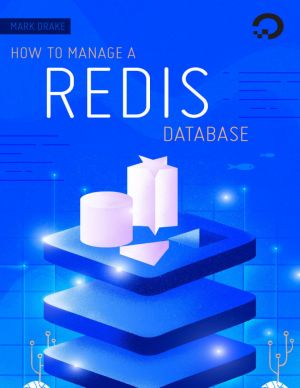
This book aims to provide an approachable introduction to Redis concepts by outlining many of the key-value store's commands so readers can learn their patterns and syntax, thus building up readers' understanding gradually. The goal for this book is to serve as an introduction to Redis for those interested in getting started with it, or k...
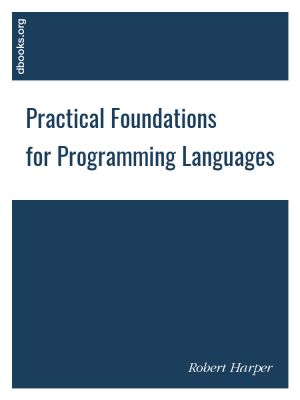
Types are the central organizing principle of the theory of programming languages. Language features are manifestations of type structure. The syntax of a language is governed by the constructs that define its types, and its semantics is determined by the interactions among those constructs. The soundness of a language design - the absence of ill-d...
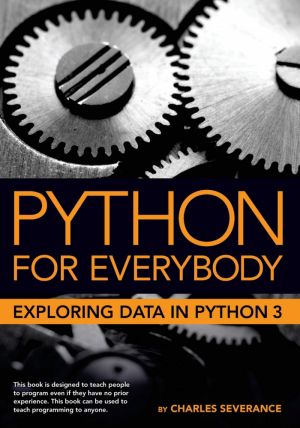
Python for Everybody is designed to introduce students to programming and software development through the lens of exploring data. You can think of the Python programming language as your tool to solve data problems that are beyond the capability of a spreadsheet. Python is an easy to use and easy to learn programming language that is freely availa...

A stark departure from traditional philology, What is Authorial Philology? is the first comprehensive treatment of authorial philology as a discipline in its own right. It provides readers with an excellent introduction to the theory and practice of editing 'authorial texts' alongside an exploration of authorial philology in its cultural ...
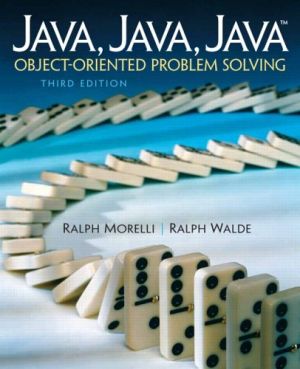
Functional and flexible, this guide takes an objects-first approach to Java programming and problem using games and puzzles. Offers independent introductions to both a command-line interface and a graphical user interface (GUI). Features coverage of Unified Modeling Language (UML), the industry-standard, object-oriented design tool. Illustrates key...
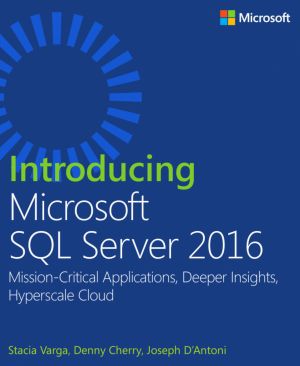
Build your database management knowledge with the technical open book, Introducing SQL Server 2016. Get an overview of the SQL Server 2016 features - from in-memory performance and enhanced security to end-to-end mobile business intelligence and advanced analytics.
Learn about faster queries, improved security, higher availability, and state-of-...
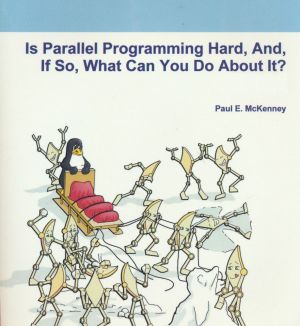
The purpose of this book is to help you program shared-memory parallel systems without risking your sanity. Nevertheless, you should think of the information in this book as a foundation on which to build, rather than as a completed cathedral. Your mission, if you choose to accept, is to help make further progress in the exciting field of parallel ...
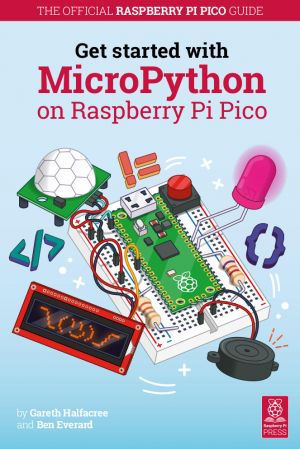
Raspberry Pi Pico is a new low-cost, high-performance microcontroller board with flexible digital interfaces. Microcontrollers are computers stripped back to their bare essentials. You don't use monitors or keyboards, but program them to take their input from, and send their output to the input/output pins. Using these programmable connections...
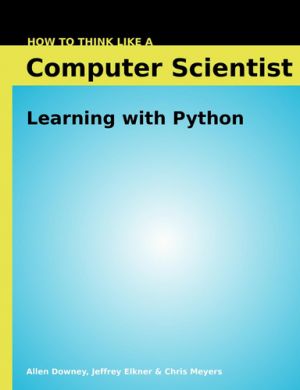
How to Think Like a Computer Scientist: Learning with Python - is an introduction to computer science using the Python programming language. It covers the basics of computer programming, including variables and values, functions, conditionals and control flow, program development and debugging. Later chapters cover basic algorithms and data structu...
